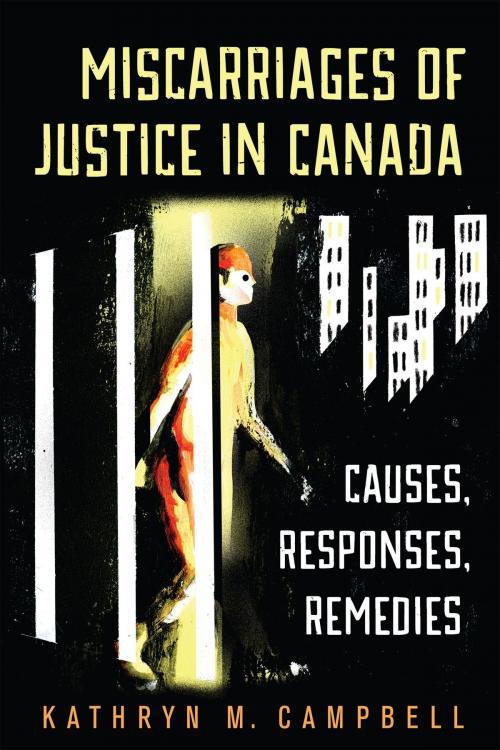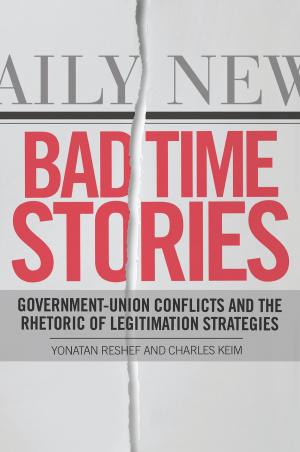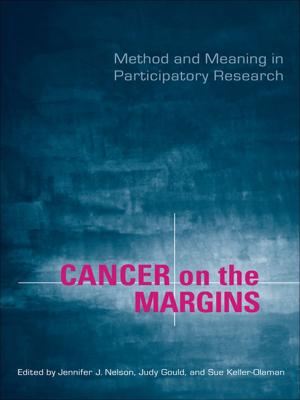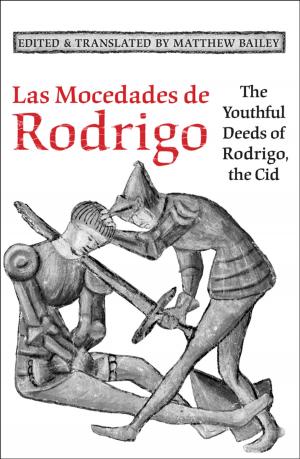Miscarriages of Justice in Canada
Causes, Responses, Remedies
Nonfiction, Reference & Language, Law, Criminal law, Social & Cultural Studies, Political Science, International, Social Science, Sociology| Author: | Kathryn Campbell | ISBN: | 9781487514570 |
| Publisher: | University of Toronto Press, Scholarly Publishing Division | Publication: | June 12, 2018 |
| Imprint: | Language: | English |
| Author: | Kathryn Campbell |
| ISBN: | 9781487514570 |
| Publisher: | University of Toronto Press, Scholarly Publishing Division |
| Publication: | June 12, 2018 |
| Imprint: | |
| Language: | English |
Innocent people are regularly convicted of crimes they did not commit. A number of systemic factors have been found to contribute to wrongful convictions, including eyewitness misidentification, false confessions, informant testimony, official misconduct, and faulty forensic evidence.
In Miscarriages of Justice in Canada, Kathryn M. Campbell offers an extensive overview of wrongful convictions, bringing together current sociological, criminological, and legal research, as well as current case-law examples. For the first time, information on all known and suspected cases of wrongful conviction in Canada is included and interspersed with discussions of how wrongful convictions happen, how existing remedies to rectify them are inadequate, and how those who have been victimized by these errors are rarely compensated. Campbell reveals that the causes of wrongful convictions are, in fact, avoidable, and that those in the criminal justice system must exercise greater vigilance and openness to the possibility of error if the problem of wrongful conviction is to be resolved.
Innocent people are regularly convicted of crimes they did not commit. A number of systemic factors have been found to contribute to wrongful convictions, including eyewitness misidentification, false confessions, informant testimony, official misconduct, and faulty forensic evidence.
In Miscarriages of Justice in Canada, Kathryn M. Campbell offers an extensive overview of wrongful convictions, bringing together current sociological, criminological, and legal research, as well as current case-law examples. For the first time, information on all known and suspected cases of wrongful conviction in Canada is included and interspersed with discussions of how wrongful convictions happen, how existing remedies to rectify them are inadequate, and how those who have been victimized by these errors are rarely compensated. Campbell reveals that the causes of wrongful convictions are, in fact, avoidable, and that those in the criminal justice system must exercise greater vigilance and openness to the possibility of error if the problem of wrongful conviction is to be resolved.















